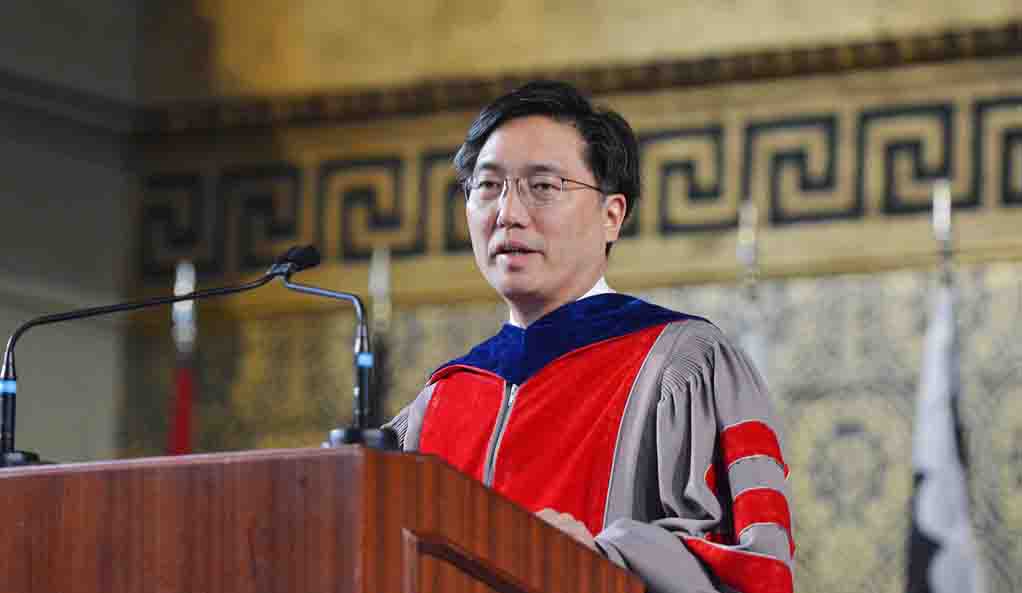
Just days after The New York Times reported a leaked memo from the Department of Health and Human Services that defined gender as an immutable biological trait under Title IX law, the University released a statement reaffirming its commitment to protect and advance transgender rights.
The Oct. 24 statement reaffirmed the University’s commitment to foster a diverse, inclusive and welcoming community for all transgender and gender-nonconforming students, faculty and staff. The statement wrote that protections under the University’s policies and Connecticut state law will be unaffected by the Department of Health’s interpretation of Title IX.
“Everyone in the Yale community should be reassured by the University’s reaffirmed commitment to promoting an inclusive environment, and especially by the dedication demonstrated by so many students, staff and faculty around campus to protecting and advancing the rights of trans and gender-nonconforming people,” associate director of the Office of LGBTQ Resources Andrew Dowe told the News.
Dean of Yale College Marvin Chun told the News that he strongly respects and is grateful for the University statement and its reinforcement of existing policy.
Dowe recognised that Yale has a “a long way to go” to achieve complete protection of trans rights on campus and in the world. Still, he is “confident” that Yale will dedicate the additional resources necessary to ensure that trans and gender-nonconforming people are able to “thrive on campus and beyond.”
SGH Gavis-Hughson ’19, a student who identifies as a member of the trans community, said Yale’s statement was appreciated.
“I think Yale’s explicit articulation of its commitment to protect trans students, faculty and staff is a necessity because of the uncertainty and fear created for trans people by the memo,” Gavis-Hughson said. “While the existence of trans people is not in question, now or ever, our legal status is and this could have a huge impact on trans safety and livelihood.”
Gavis-Hughson said that making a statement is a starting point towards supporting trans people, but it “can’t be an ending point.” Yale, Gavis-Hughson suggested, ought to make sure healthcare for trans people is accessible and “trans-competent,” and that Yale hire more trans and nonbinary faculty.
The statement also outlined the existing academic resources for trans and nonbinary members of the Yale community, including the Lesbian, Gay, Bisexual and Transgender Studies program, an interdisciplinary committee that offers lectures, conferences and film screenings and provides research grants to students interested in the field of study.
Members of the New Haven community have already rallied against the Department of Health and Services’ potential new memo, which would define gender as an immutable biological trait, as reported by the New York Times. On Oct. 29, over 300 people gathered in the Parish House of the United Church on the Green for a rally in solidarity with the trans and intersex community.
At the rally, Lola Hourihane ’20, president of Trans@Yale, told the News that it was “comforting to … hear people speak about the memo and reaffirm our power to resist it.”
The origin of Lesbian and Gay Studies at Yale can be traced back to 1980.
Jever Mariwala | jever.mariwala@yale.edu







